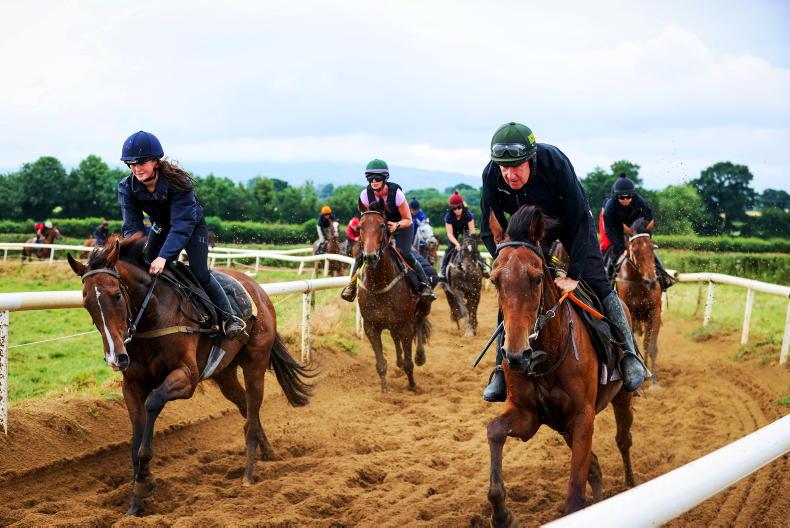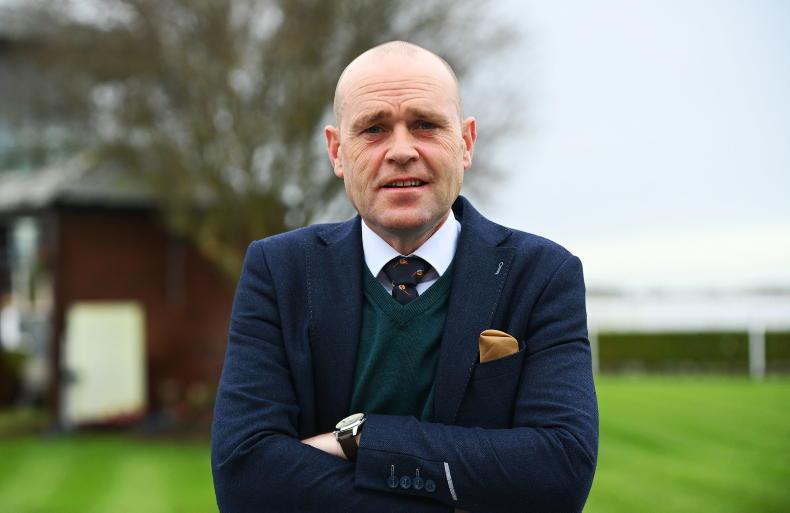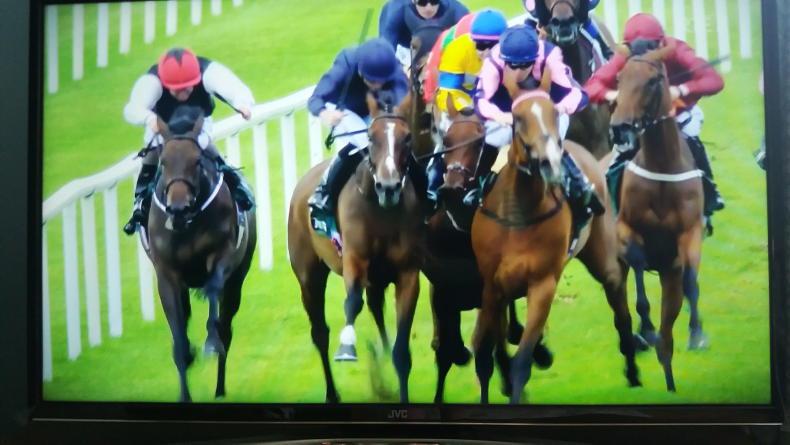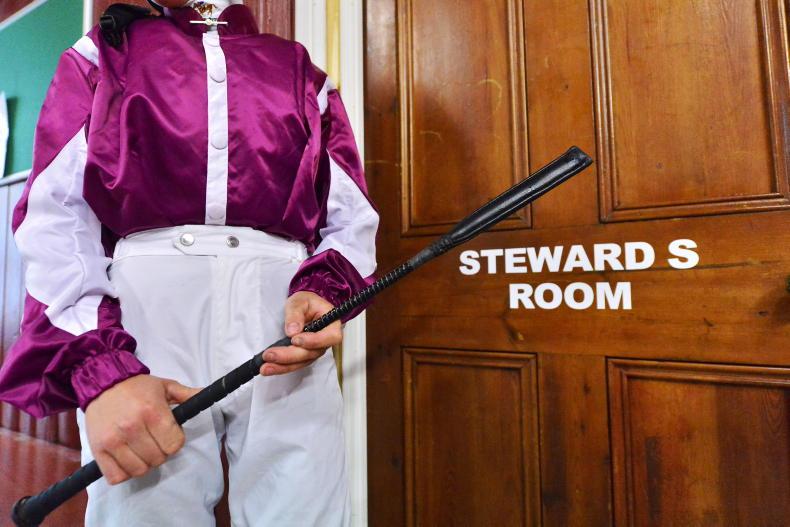THE new penalties for careless riding and breaching the whip rules in Irish racing would have been even more severe had the Irish Jockeys Association [IJA] not engaged in discussions with the Irish Horseracing Regulatory Board [IHRB] in recent weeks.
So says Andrew Coonan, IJA executive secretary, who told The Irish Field the background to the new measures.
“I believe that the IHRB delegation who attended a recent Asian Racing Conference came home with a view that Ireland was out of line in terms of penalty structures for careless, improper or dangerous riding. It’s likely that the stewards here already held a similar view, that the penalty structure was no longer appropriate.”
When jockeys break the whip rules, the offence is noted and they know to expect a stiffer penalty for any subsequent breaches within a rolling nine-month period. That has not been the case for careless riding incidents, which have been left at the discretion of raceday stewards. In theory a rider could get a seven-day ban for improper riding today and only receive a caution for a different riding offence tomorrow. Under the new guidelines, subsequent offences (within a 12-month rolling period) will incur an increased sanction.
Coonan added: “Some weeks ago the stewards informed us of their intention to significantly increase the penalties and that led to us having discussions.
To their credit, they listened to our thoughts - which has not always been the case - and there were a number of meetings with the IHRB’s Stewarding Committee, Darragh O’Loughlin (CEO), Cliodhna Guy (Legal Affairs) and Paul Murtagh (Raceday Operations).
“A lot of our views were taken on board and it’s absolutely true to say that the penalties would have been more severe without the jockeys’ input. There have also been some concessions on the serving of suspension dates. I believe that riders can work within these new guidelines and I feel this inclusive approach has resulted in a better solution than jockeys are getting in other jurisdictions.”
Leading flat jockey Billy Lee was not involved in the discussions and, when asked for his reaction, said: “The penalties look severe but if the stewards implement the guidelines consistently then at least we know where we stand. Time will tell if it’s a good or bad thing. I don’t think we have a lot of careless riding incidents but these new penalties might improve how some people ride. It’s good that the stewards listen to the jockeys on these things as we might be able to steer them in a certain direction.”
British situation
In Irish races jockeys can use their whip up to eight times before attracting the attention of the stewards. New whip rules were introduced in Britain at the start of this year which saw the number of permitted strikes reduced to six on the flat and seven over jumps.
A proposal to ban the use of the whip in the forehand position was reversed but riders are punished in Britain if the whip is raised above shoulder height.
The penalty structure has also been strengthened, with the very worst whip offences potentially resulting in disqualification of horses and riding bans of 20 days — a tariff which will be doubled in class one and two races.
Just this week jockey Kielan Woods was handed a 42-day suspension for breaking whip rules five times in six months. Jonjo O’Neill (21 days), Paula Muir (35 days) and Marco Ghiani (25 days) also received lengthy bans for repeat offences.
Last July, when the new British rules were first unveiled, the IHRB said there were no plans to revisit the issue in Irish racing. And while the rules have not changed, the penalties have now been increased.
Adjustment period
Although the new guidelines take effect from July 3rd, raceday stewards will be allowed to, at their discretion, issue a caution for a rider’s first whip offence if the feel that is appropriate. However, the caution will still go on the jockey’s record as a ‘first offence’ and they can expect a four-day ban if they re-offend.
In terms of careless riding offences, stewards will have the power to apply a one-day suspension for a first offence until the end of June 2024.
Jump jockey J.J. Slevin said: “I think you’d have to be happy enough with what was reached, considering what other countries like Britain, France and Germany are doing now. I think they’ve done a good job in Ireland with having numbers like this in place.
“The penalties have gone a bit tougher but I’m for it. Careless riding might impact the flat more than National Hunt - and I know some of the riders were a bit upset about it - but I think it’s a good result on the whole. I’m on the Irish Jockeys Association committee and I feel we were listened to in the process.”
Niall McCullagh was involved in the talks and added: “We gave our views to the IHRB and they came up with this new structure. I think it’s pretty basic and does what it says on the tin.
“It’s going to be a deterrent for repeat offenders and they’ve basically upped the penalties to cut out riding breaches. I think it’s fair enough and will be fairly straightforward.
“At least now you know the type of penalty that will be handed out when you breach the rules, as opposed to going in there and not knowing what it would be. This gets rid of the grey areas and, if it’s implemented properly, I don’t think there’ll be a problem.”


 This is a subscriber-only article
This is a subscriber-only article
 It looks like you're browsing in private mode
It looks like you're browsing in private mode











SHARING OPTIONS: